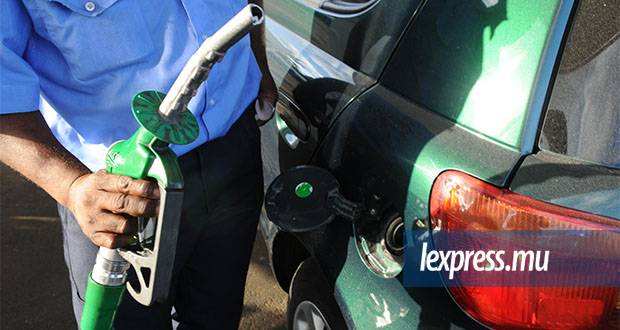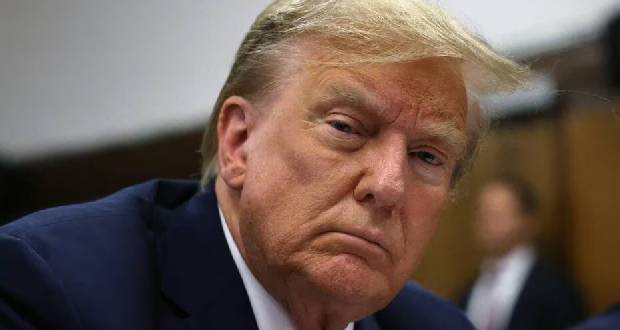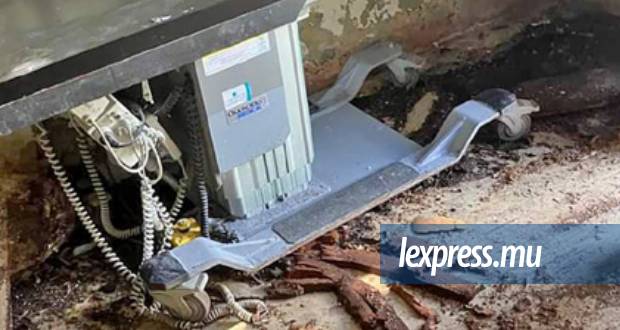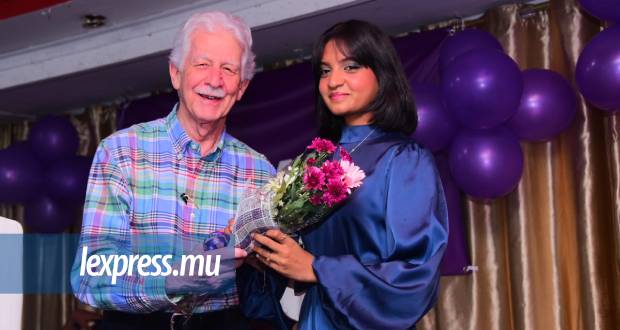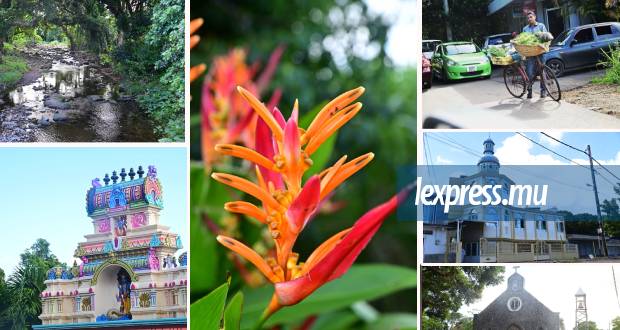Publicité
Re-imagining our Republic - ‘Mauritius Society Renewal’
Par
Partager cet article
Re-imagining our Republic - ‘Mauritius Society Renewal’
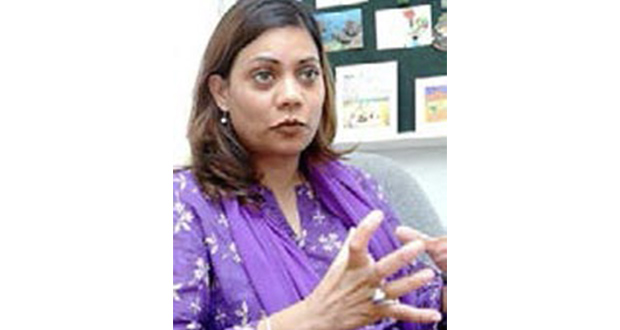
From the 1970s to the late 1980s almost all of the 48 Sub-Saharan African countries were authoritarian regimes. Two exceptions stood out – Mauritius and Botswana. Why were these two countries spared? Was it the exceptional political leadership exhibited by its first post independence Prime Minister and President respectively as Prof. Rotberg asks? Was it due to the ability to manage diversity, build credible and independent institutions and instill the rule of law? Or was it an unwavering belief that the ballot was much stronger that the bullet. Well, the answer is probably a combination of the abovementioned issues. As Mauritius prepares itself to celebrate 50 years of independence – no doubt an important moment in the life of a nation –, there must be an open, candid and introspective assessment of the successes and failures of our country in order to forge a more meaningful future for its citizens.
The demand and push for change and renewal (even disruption) are at the heart of progressive societies and citizens should realize that they have the power to effectuate such transformations. This speaks directly to the manner in which we exercise our citizenry. For a fair number of Mauritians, citizenship is subsumed to a rather restricted set of roles and responsibilities such as voting every five years, abiding by the law, paying their taxes amongst other things. However, the notion of citizenship must be expanded to ensure that citizens participate in a qualitative manner towards the shaping of their society – be it in decision making process, types of legislation to be enacted, positions to be filled in certain public and parastatal bodies. This in fact is a direct marker of a merit based and inclusive society.
The last forty-nine years have no doubt been eventful but the passing of time has seen a Mauritian citizenry, which has had to content itself with a democracy in which it has little say, particularly as regards the shaping of policies which affect their lives. Citizens are given a semblance of participation because Mauritius has mastered the art of organizing regular elections and alternating government in a relatively peaceful manner and in so doing offers an opportunity to the electorate to ‘donne ene lesson gouvernman sortant’ if they are not happy with its performance during the electoral cycle. In fact, our democracy has essentially been evolutionary rather than revolutionary. Recent happenings in the world from the Occupy Movements to the Arab spring and youth protests such as the Y’en a Marre in Senegal have seen citizens interrogating power structures, claiming for enhanced democratic spaces and more transparent and accountable forms of governance. Can renewal take place without shaking certain entrenched systems? Is it not time for us in Mauritius to also have a constitutional review and render the Republic more meaningful for the citizenry?
Many governments across the world act immorally, hypocritically, deceptively and unjustly. This has contributed to the rise of new forms of populism which carry with them serious threats to humanity. The current crisis unfolding in the US, the post Brexit dilemmas and the growing rise of nativism within countries that were traditional hosts to migrant populations point to a global world that is increasingly polarized and hostile.
The urgency for renewal
In Mauritius too, we are at a critical juncture. The recent transfer of power from father to son, viewed by some as ‘legitimate’ – legitimacy being perhaps derived from a narrow interpretation of the Constitution, is causing a lot of ‘instability’. The polarization of the nation is becoming even starker now. Will we be able to grow our economy without more inequality and equalization? When wealth concentrates to levels incompatible with democracy, renewal becomes increasingly difficult. Renewal therefore requires that we rethink our development model and that social and economic engineering are no longer compartmentalized.
The Mauritian social fabric is infested with drugs, alcoholism, unemployment, poverty, corruption, violence and crimes. Institutions are fledgling. Meritocracy is a myth. Spiraling land prices resulting from an increasingly open policy towards real estate exacerbates the problems of an already thinning middle class. Moreover, seeing concrete blocks and shopping malls everywhere has become tantamount to development in the minds of some people. Waste, greed and excessive consumption – often impacting negatively on our environment – have become the order of the day.
Mauritians cannot afford to be complacent anymore. These problems call for urgent action. If we truly care for future generations, we have to act now!
This state of affairs has triggered the setting up of the Mauritius Society Renewal (MSR) a national think tank. It is an initiative of civil society which sees the need for a new platform infused by intellectual integrity. The latter requires that individuals resist the temptation to distort their judgments, achieve fame, status and privilege and/or to please those holding power and authority. MSR will think, debate, act, advocate and lobby for a more participatory, transparent and accountable democracy as well as a more inclusive and ethical society. It is currently reaching out to all stakeholders – politicians, trade unions, the Mauritian diaspora, civil society, the corporate world to map out a collective vision of the kind of society that Mauritians want to live in.
“We need to have the audacity to challenge the status quo, the courage to denounce all forms of injustice, shake conventional wisdom, and think outside the box.”
Disillusionment, decay and despair have penetrated different layers of our society. Some segments of the intelligentsia are waking up and calling for renewal. As a think tank, constituting a network of networks, MSR will draw on the collective intelligence of all stakeholders to bring renewal.
Noah Chomsky tells us that “it is the responsibility of intellectuals to speak the truth and to expose lies” while Edward Said asserts that the tasks of the intellectual is to “break down the stereotypes and reductive categories that are so limiting to human thought and communication.” The latter often requires disruptive thinking, in other words we need to have the audacity to challenge the status quo, the courage to denounce all forms of injustice, shake conventional wisdom, think outside the box. Criticism is certainly not enough, there is a need to innovate, propose new sensible ideas and follow up with concrete solutions. This is our collective responsibility as citizens and it is only by doing so that we can aspire to a society where we feel comfortable and proud to be part of.
Conclusion
That Mauritius has come a long way on its development agenda cannot be denied but there is now a strong sentiment that the country is stagnating and that political leaders are more inclined towards chasing power for power’s sake rather than using it to deliver development and improve the lives of the people. Mauritius Society Renewal will therefore attempt to foster a normative societal project with the purpose of achieving an ethical, inclusive and more just society. Renewal will therefore assist in shifting from a procedural to a more substantive democracy – one where it is not a matter of putting a cross every 5 years but rather one where there is greater opportunity, equality and prosperity for each and all. In other words the focus of the renewal will be the right to a dignified life for all.
Publicité
Les plus récents
